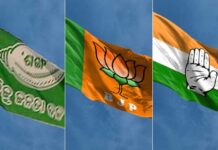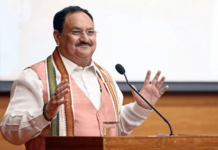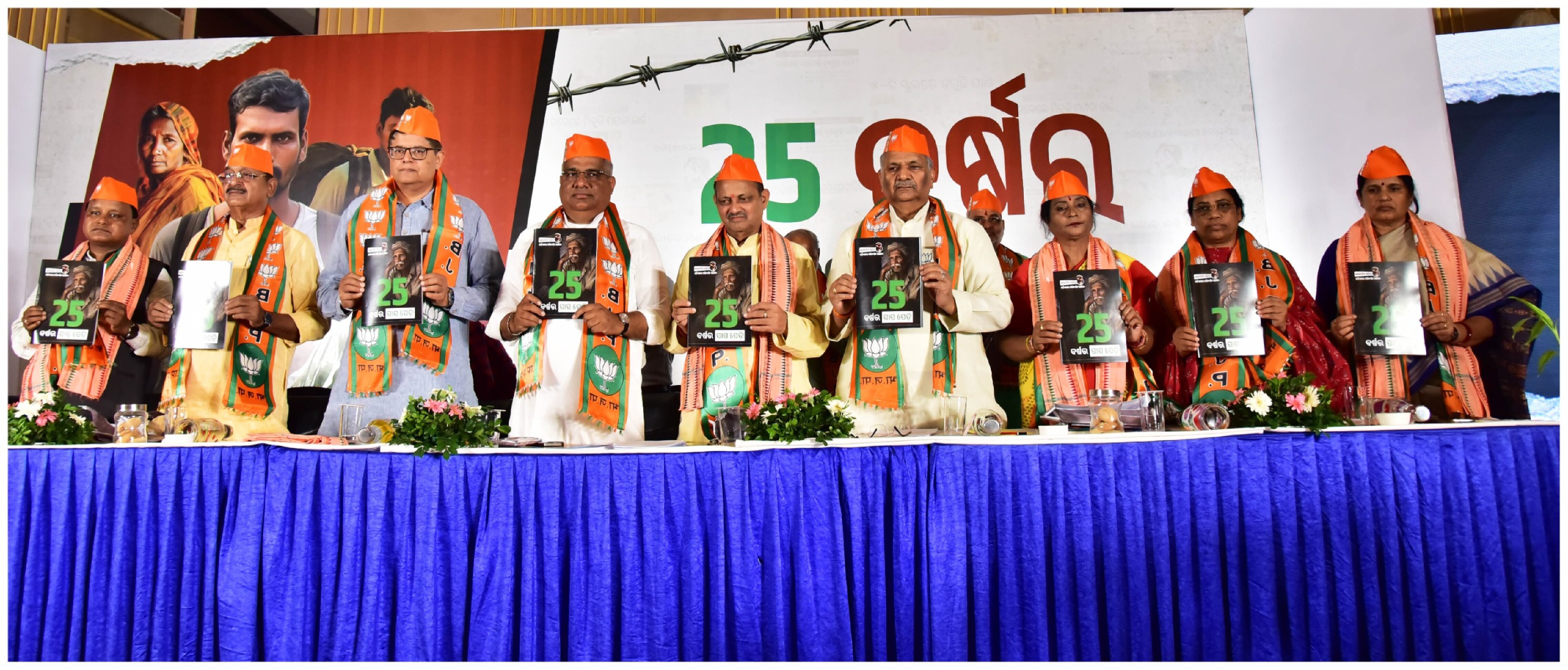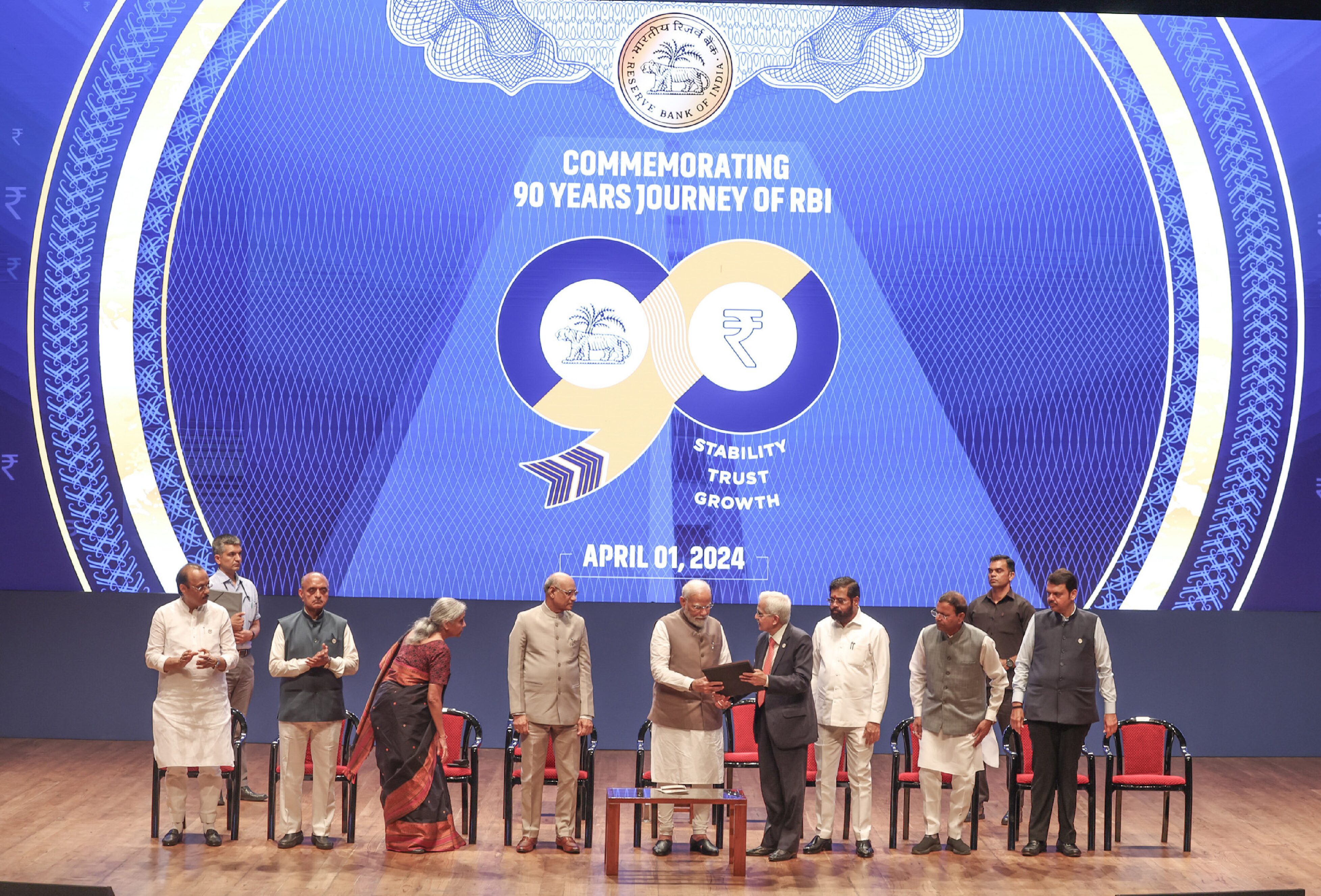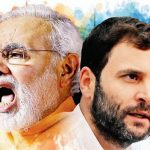Chief minister Naveen Patnaik has been winning elections with ease but he refuses to take things for granted. He has ensured that his BJD becomes a well-built cadre-based organization. His party leaders never rest as they are always busy with some organizational activity or the other. This is what makes the party strong and the chief minister virtually invincible
Call it luck if you will. Congress in Odisha is in complete disarray and BJP is still struggling to put its act together. That makes things so much more easy for chief minister Naveen Patnaik who appears to be politically invincible at the moment. But he is not one to take things for granted and has sought to further strengthen his position by launching a slew of popular schemes.
The best thing about him is that at a time when he can choose to rest on his laurels he has decided to continue to work relentlessly towards expanding and consolidating his party, Biju Janata Dal’s (BJD) support base in the state. He has issued clear cut instructions to his ministers and MLAs to follow a simple lifestyle and keep in regular touch with people so that they are able to understand popular problems better and find ways of solving them.
In the same way public representatives have also been asked to take up important issues. Chief minister has himself set an example by raising several issues of public importance, some of which he has taken central intervention are the Polavaram multi-purpose project coming up in Andhra Pradesh. In the past he had also written to the Prime Minister listing Odisha’s objections to the project. A few years ago the Centre had granted a two-year extension to the project.
Distribution of Mahanadi waters is another issue on which Patnaik has been demanding justice for the state. It was following his incessant campaign on the issue that the Centre was forced to constituted a tribunal to ensure a fair water distribution mechanism between Odisha and Chhatisgarh.
Patnaik’s campaign also kept his party men active. They were in the action mode throughout the period that BJD was organizing a string of programmes to highlight the issues. The programmes included a “ padyatra” along the banks of Mahanadi. Similarly, the party organized a public rally in Malkangiri to highlight the threat that villages in the district’s Mottu tehsil were facing due to the Polavaram project. Odisha has consistently maintained that the project in its present form is going to inundate several tribal villages in the district that borders Andhra Pradesh. Besides mandatory public hearing has not been conducted in areas likely to be affected on Odisha side.
A shrewd politician Patnaik realizes that these issues are highly emotive in nature. For example, Polvaram affects not only people of Malkangiri but also those residing in the neighbouring districts. Hence BJD sought to turn it into a major campaign issue during elections. When a few years ago the party had held a massive rally in Malkangiri to protest the construction of the multi-purpose dam the impact was immediate with some non-political organizations in Andhra Pradesh, too, extending support to Odisha. Patnaik being the leader of a regional party knows the importance of raising regional issues in an effective manner.
Apart from reflecting the political acumen of Patnaik these moves also show that he is an excellent organizer. Aware that BJD needs to be turned into a strong cadre-based party to win elections the chief minister had sometime ago appointed three time MLA from Jajpur, Pranab Prakash Das general secretary ( organisation) of the party. This was a significant step as Das was given this important job after being relieved of his ministerial assignments. His appointment made it clear that he was the number two man in the BJD, next only to the chief minister who happens to be the president of the party.
Das’s appointment was also proof of chief minister’s confidence in the organizational abilities of the young leader who had worked hard to ensure BJD’s victory in 2014 and 2019 elections. He was also one of the chief architects of BJD’s victory in a string of bye-elections.
Das’s rise in the party has been meteoric with chief minister recognizing his hard work and willingness to make sacrifices for BJD. The young leader who has won the Jajpur assembly seat consistently for three terms since 2009 has also been working tirelessly to strengthen BJD’s base throughout the state. Son of late Janata Dal leader Ashok Das, a close associate of Biju Patnaik, is part of BJD’s elite group that chalks out the party strategy and also takes the responsibility of implementing it. Das had been Patnaik’s energy minister from 2014 until a mid-term 2017 reshuffle when he volunteered to work for the party. He could have been a minister after 2019 elections but he preferred organizational work. He had, thus, set an example for others to follow.
By picking up Das for the key organizational post Patnaik has ensured that BJD remains a vibrant party and its leaders, be they MPs or MLAs, always engaged in organizational work. The Biju Janata Dal is perhaps the only party in the state which has some or other programme going on almost throughout the year. In fact, each MLA has been given the responsibility of chalking out organizational programs for his or her constituency to ensure that leaders remain in touch with the people throughout the year. This also makes it easy for the chief minister to assess the performance of public representatives.
Patnaik has also made it clear to MLAs and MPs that their re-nomination will depend strictly on their performance as no one in the party could take his position for granted. He has also evolved a mechanism for judging the performance of public representatives. Party tickets are allotted at the time of elections strictly on the basis of this assessment.
No rival political party can match the rigorous discipline that the BJD follows in assessing the performance of its leaders. In this way the party has also succeeded in developing a dedicated cadre base which has become its permanent asset. No wonder the BJD has been winning elections with ease with Patnaik leading his party from the front. As long as he keeps the wheels of his party machine well-oiled he need not fear any rival.








